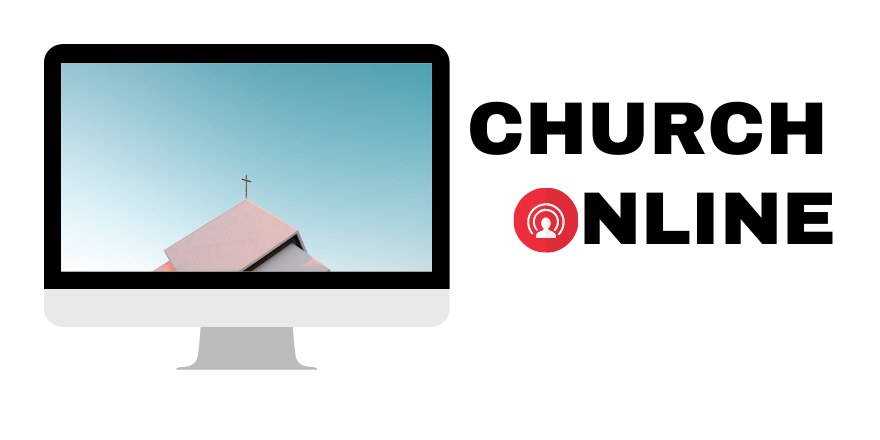Read here one story of a church that thinks it has seen the future and is embracing it. They are doing for the church what my own local school system has attempted to do -- to set up two realities. The one will have a geographical address and meet in a building like it always has but the more important one will be a strictly online presence. It will have its own structure and staff. This is not a temporary measure designed to get the church through the pandemic but a permanent new future. It is also not what most churches are already doing -- using technology to broadcast livestream or delayed video content that looks like what has traditionally happened in a building. No, indeed, these churches are attempting to replace the in person physical structure with a completely different entity in which preaching, teaching, and even the ordinances will be provided digitally to homes in their city and states far away. It involves creating a small group ministry that is only online and does not expect or provide for in person groups.
This idea that a church with in person worship, education, and fellowship is replaced by an online entity is acceptable because they believe that this shift will allow them “to reach as many people as possible.” While something like this could possibly be conceived by those who have no sacramental understanding, such a thing would be impossible for Roman Catholics, the Orthodox, and Lutherans whose worship is tied to a liturgical setting, who see the means of grace as the primary center and focus of the worship life of the people of God, and whose ecclesiology expects a gathered presence. You cannot receive Holy Communion online unless it is merely a symbol and nothing is conveyed except the taste of food and drink. If the churches who hold to a real presence of Christ continue with their doctrine, they are faced with a brick wall at any attempt to transform the church to a virtual gathering.
Can it be that church life is merely about the reception of information about Jesus Christ and/or the Bible and how you might react to this information and choose to live in response to it? Can it be that the faith is more or less morality and not so much doctrine at all? Can it be that this is less about being the church and more about finding a way to institutionalize your own values and preferences? Can it be that this will happen not by debate and vote but simply as one by one individual churches remake themselves in this manner because they are convinced that they have no real choice nor any real future apart from the online identity being promoted?
Where the Great Reformation was once about doctrine, i.e. justification, this new Reformation is about meeting people where they are. It has less to do with doctrinal challenge or reform than it does with practice. But what is impossible to deny is that such practice will inevitably lead to a dramatic doctrinal shift. It is impossible to simply move the church online -- even for evangelicals and Protestants without a fully developed sacramental theology. Instead, what is being spoken about is the radical redefinition of what preaching is, of what teaching is, of what worship is, and of what the church is. In this respect, the beginnings of a new and deep division in Christianity is certain to take place -- those who have a virtual church and those who have a gathered church. It may be that some denominations are further along than others in this change. But it will be hastened among those reluctant to make the shift in practice because of declining numbers and the high cost of doing church as it had been done before. For those who are looking for church on a reasonable budget, the online option may be the only one they can afford. It all sounds interesting and dynamic but the soft underbelly of it all will be whether or not those who are reached online and live in a virtual church are really Christians and whether the digital church is really any sort of church at all.

No comments:
Post a Comment